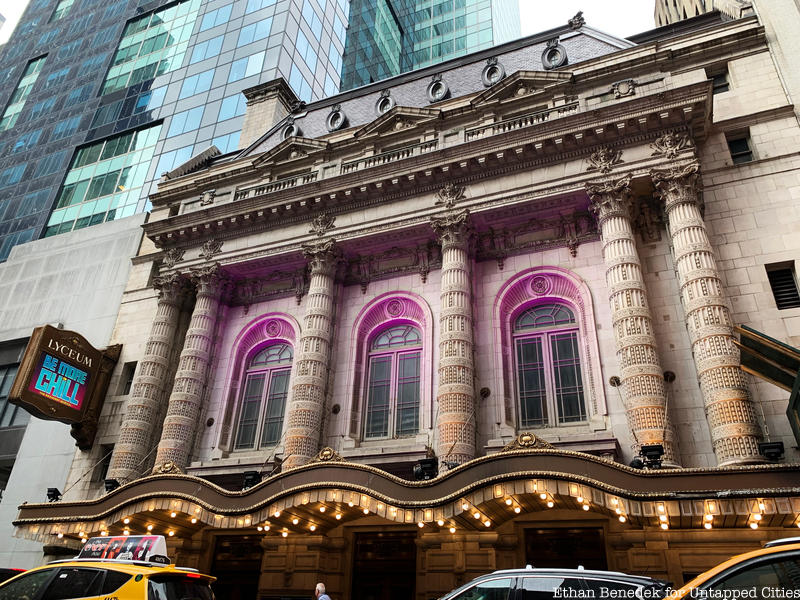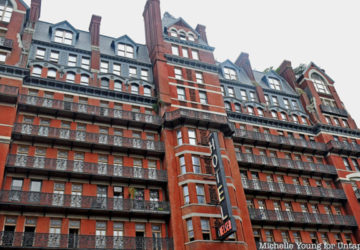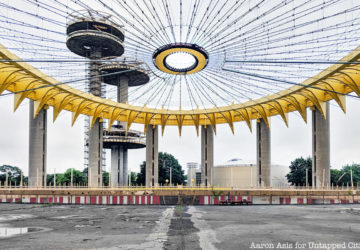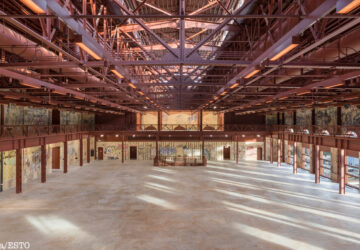3. AEA Strike of June 2-12, 1960

In 1960, Broadway shut down for 11 days as a result of a major AEA strike over pension disputes. According to a New York Times article, 22 theaters were closed and around 23,000 seats were left unoccupied.
The strike also impacted midtown restaurants, hotels, and travel agencies by 25 to 75%. During the strike, many theaters ruled that “no refunds would be made until the shows actually failed to happen,” according to the New York Times. Movie theaters at this time seemed to experience an uptick in business as a result of the closures.
4. AEA Strike of June 8, 1964
In 1964, representatives of the AEA went on strike for one day in June over pay for actors. At the start of negotiations, 27 shows representing over 750 performers were under threat of strike, but by the time of settlement, this fell to 16 shows since some shows closed and others were granted exemptions from strike.
Following a four-hour bargaining session, a new agreement resulted in performers receiving a $12.50 increase over four years in their weekly minimum salary.
5. AEA Strike of June 17-20, 1968
Four years later, actors, singers, and dancers walked out of performances for three days when the AEA asked for a 54% weekly wage increase for its members from $130 to $200. The AEA also demanded a 60% increase in road pay and a reduction in the contract renewal period from four years to 30 months. Although rent prices in the 1960s rose considerably, producers only offered a 30% wage increase for Broadway and road show actors. On June 17, 19 Broadway productions and 10 road shows were closed. Actors and producers soon after agreed on a three-year contract which increased weekly wages by 20%, and 16 of the 19 closed shows reopened immediately after the strike. In November 1970, the AEA held an off-Broadway strike over minimum wages, making it the first off-Broadway actors’ strike.





